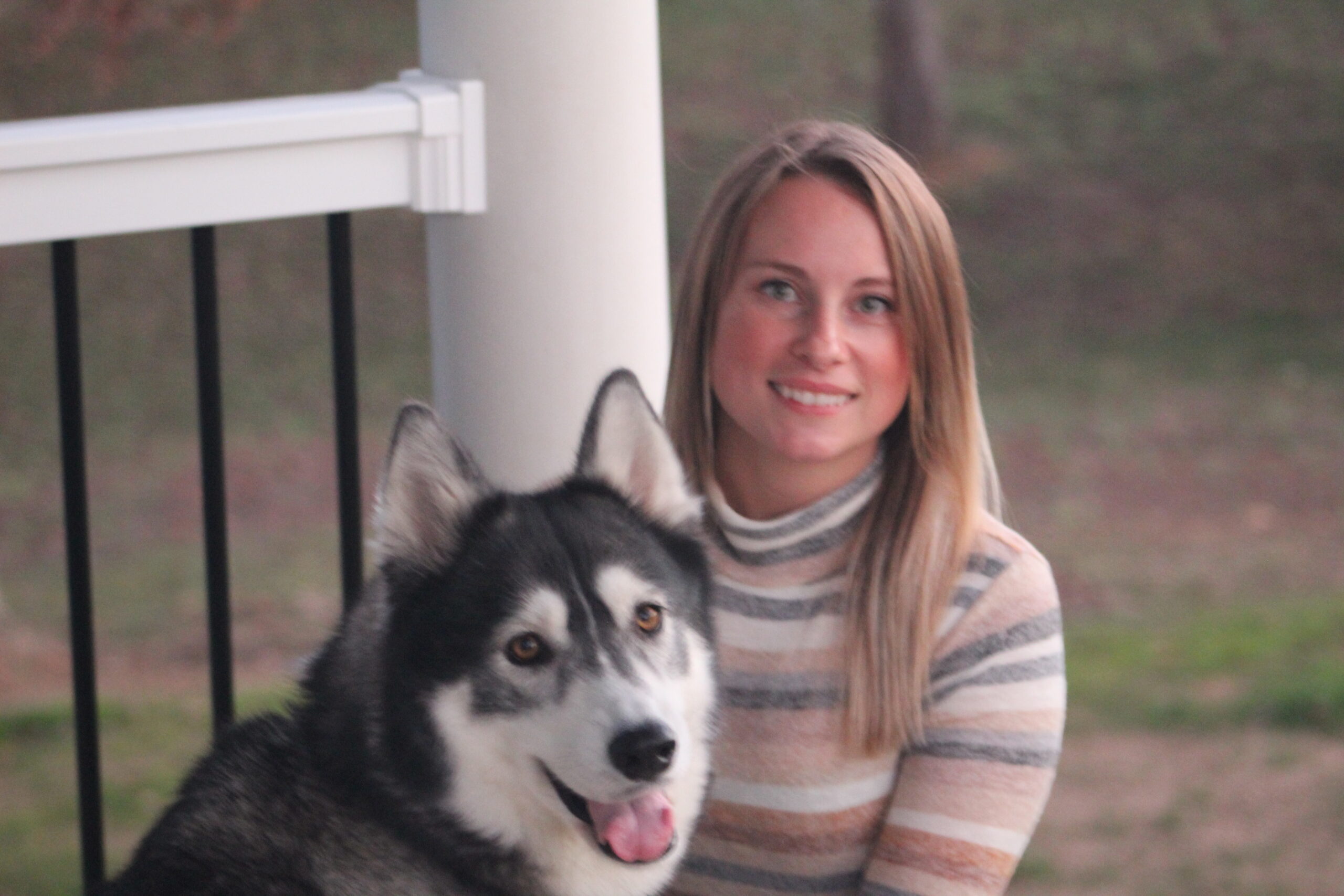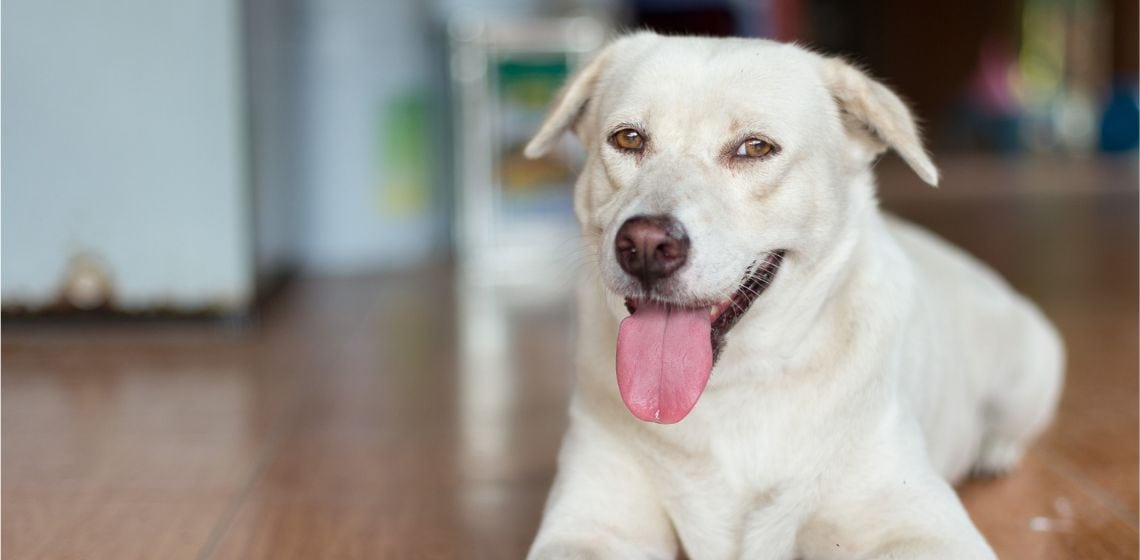Table of Contents
Puppy breath
Puppy breath is most common in young puppies, usually going away around 2 to 3 months of age. While some people love the smell of puppy breath, others describe it as a foul odor akin to a skunk. While we have not been able to fully identify the cause of puppy breath, it is generally believed that the cause is the puppies’ mostly milk-based diet and the bacteria in the gastrointestinal tract that breaks down this milk.1 Puppies also tend not to have as much bad odor-causing bacteria in their mouth at this age and don’t have dental disease.
When puppies begin to teeth, their breath might start to take on a different smell. The smell is often metallic due to bleeding gums. Their breath may also be impacted by eating feces or disease processes such as parvovirus.
Halitosis in adult dogs
Again, the most common cause of bad breath in our adult dogs is periodontal disease, which is caused by bacteria buildup. Bacteria are attracted to the surface of the tooth and start to grow within hours of cleaning.2 The bacteria growth hardens on the surface of the tooth, causing calculus. This calculus can start to destroy the bone around it, and some of the bacteria start to produce hydrogen sulfide gas.
Another cause of halitosis is metabolic diseases such as diabetes and uremia. Diabetes, especially in pets who are in diabetic ketoacidosis, can cause a sweet acetone odor.3 Uremia, or a build-up of waste products in the blood due to underlying kidney disease, causes an ammonia smell due to the breakdown of urea.
Other causes include respiratory diseases (rhinitis, sinusitis, and neoplasia), gastrointestinal diseases (megaesophagus, neoplasia, infection, foreign bodies), diseases of the skin (lip fold dermatitis, mucocutaneous pyoderma, eosinophilic granulomas), dietary factors including eating feces or malodorous foods, oral neoplasia or trauma, or autoimmune diseases.
How is Halitosis diagnosed
Halitosis is diagnosed through smell. However, the underlying cause should be explored through a veterinarian examination. If the exam does not reveal the underlying cause, lab tests may be run to rule out the causes mentioned above.
How is Halitosis treated
Treatment is based on the underlying cause. For periodontal disease, a professional cleaning is usually needed. Extractions of diseased teeth may also be needed. Follow-up care by brushing your dog’s teeth every day will help reduce the bacterial buildup after the dental cleaning.
Bad breath can have a negative impact on the human-animal bond. Therefore, it is a big concern for a lot of dog owners. Periodontal disease in adult dogs is the most common cause. Regular professional cleanings performed at your veterinarian’s office with follow up dental care at home can help reduce the odor. Other causes may need a more extensive work-up and treatment plan.
FAQ
You should worry about your dog’s bad breath if it is a sudden change if it is affecting your relationship with your dog, or if it has an acetone or ammonia smell.
Most of the time, bad breath is caused by bacterial build-up that hardens on the teeth. The bacteria can release sulfur gas. However, bad breath can also be caused by internal problems such as kidney disease or diabetes.
Daily brushing is a great way to stop bacterial build up. A professional cleaning by your veterinarian may be needed. If the problem is caused by a disease such as diabetes or kidney disease, treating the underlying problem is needed.
Any product that has a VOHC (veterinary oral health council) seal of approval has been researched and proven to help stop plaque and bacterial build up. Daily brushing is also highly recommended (please do not use toothpaste with fluoride).

Dr. Lindsey Parker graduated from the University of Tennessee in 2020. She has worked as a general practitioner and relief veterinarian in El Paso, Texas and Northen Virginia. Dr. Parker is passionate about preventative care and believes client education is the foundation for great care. Her husband’s military career has taken them all across the country. Dr. Parker likes to spend time with her husband, son, and two dogs.








